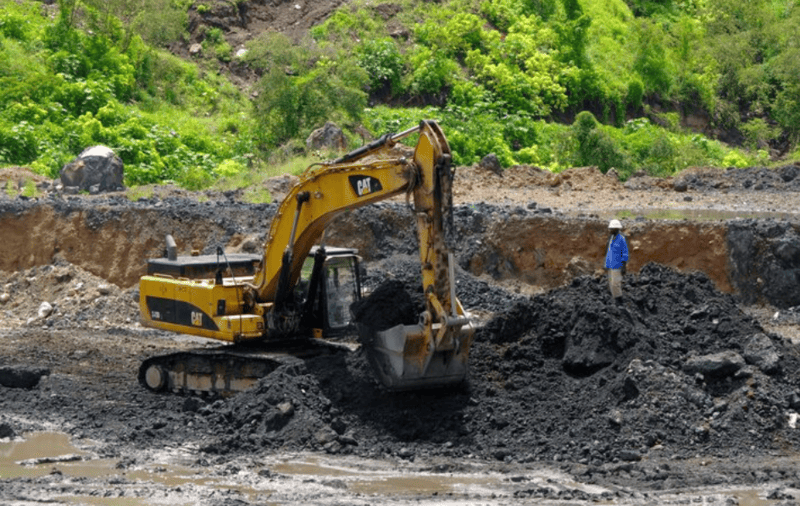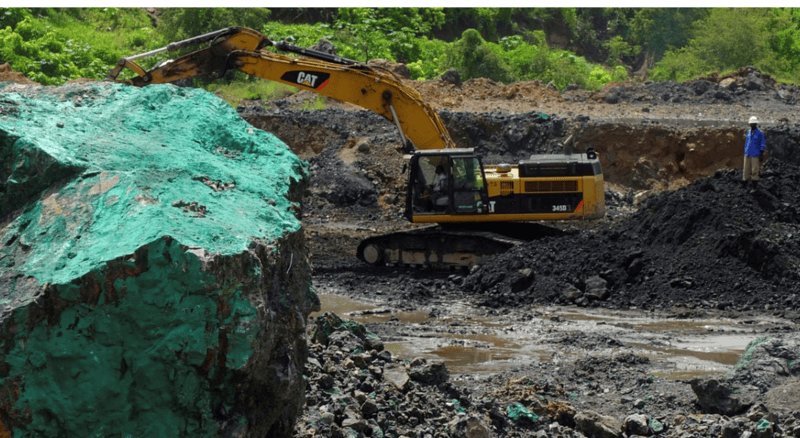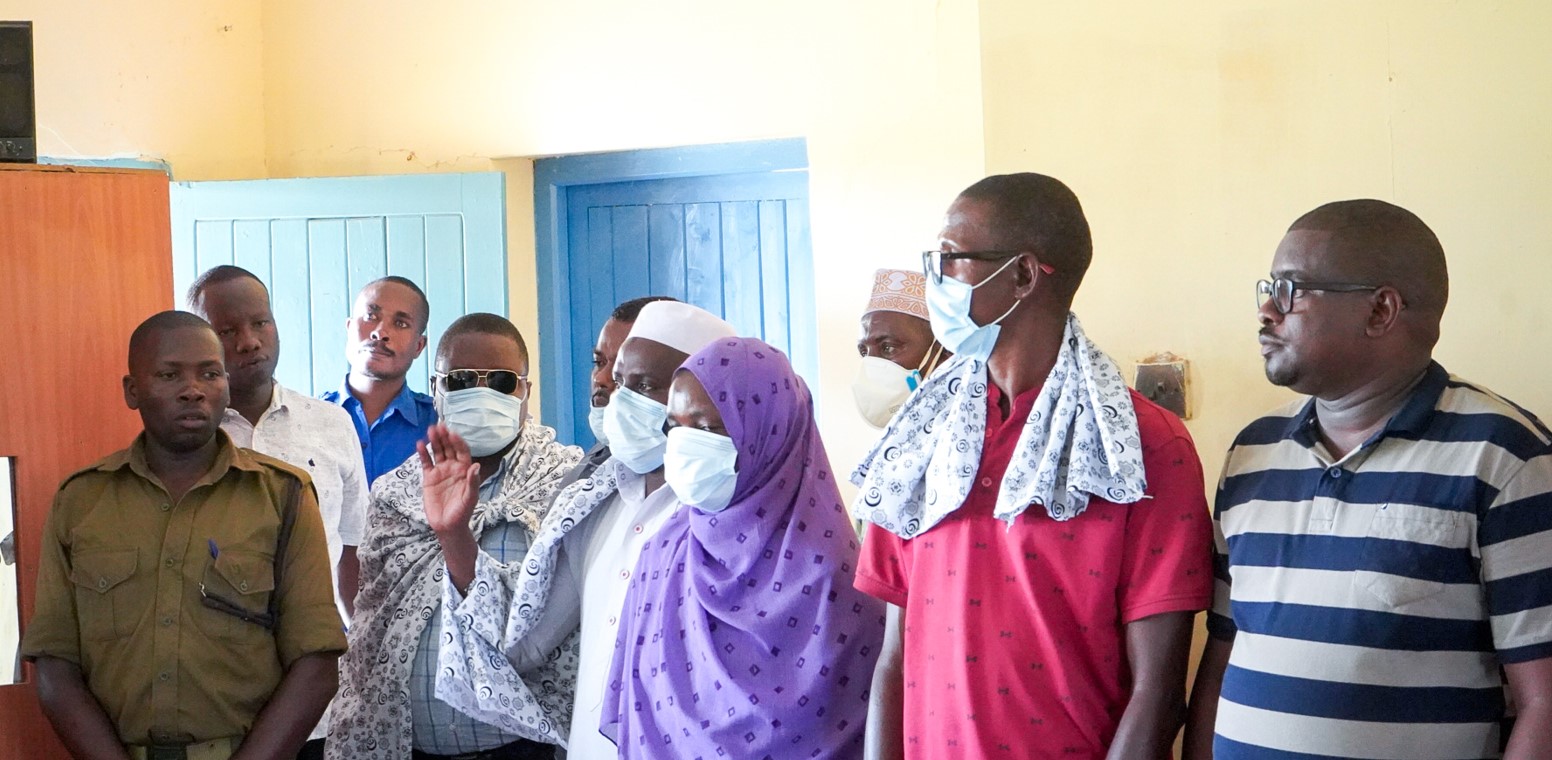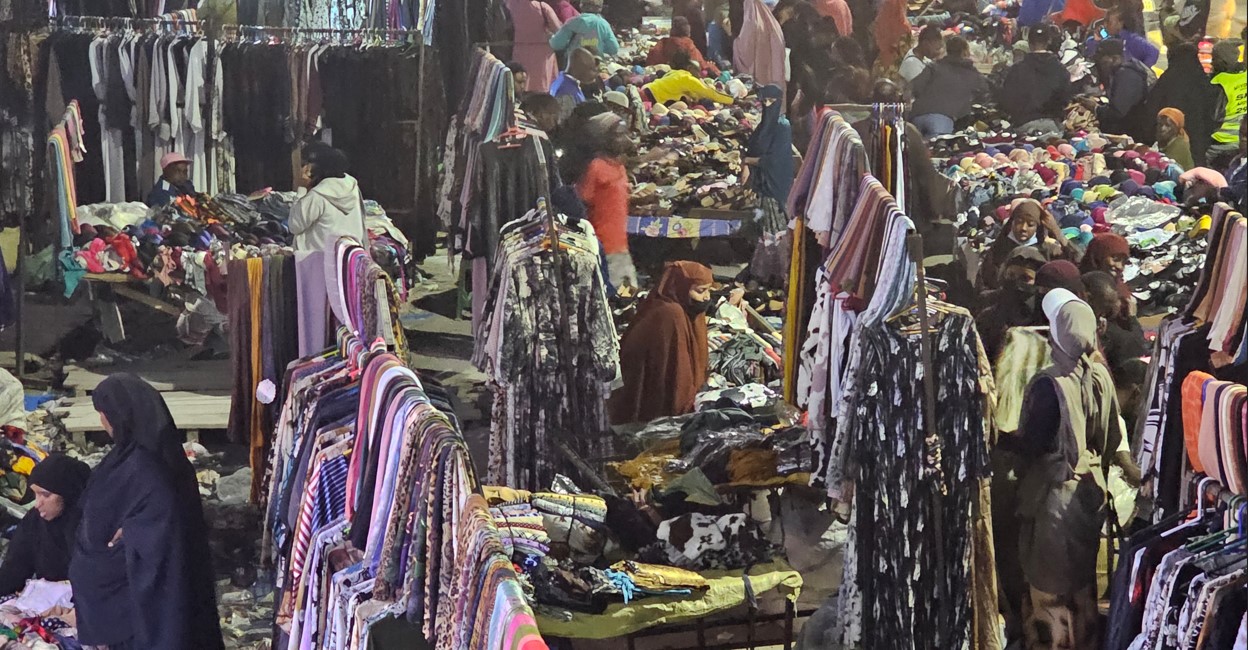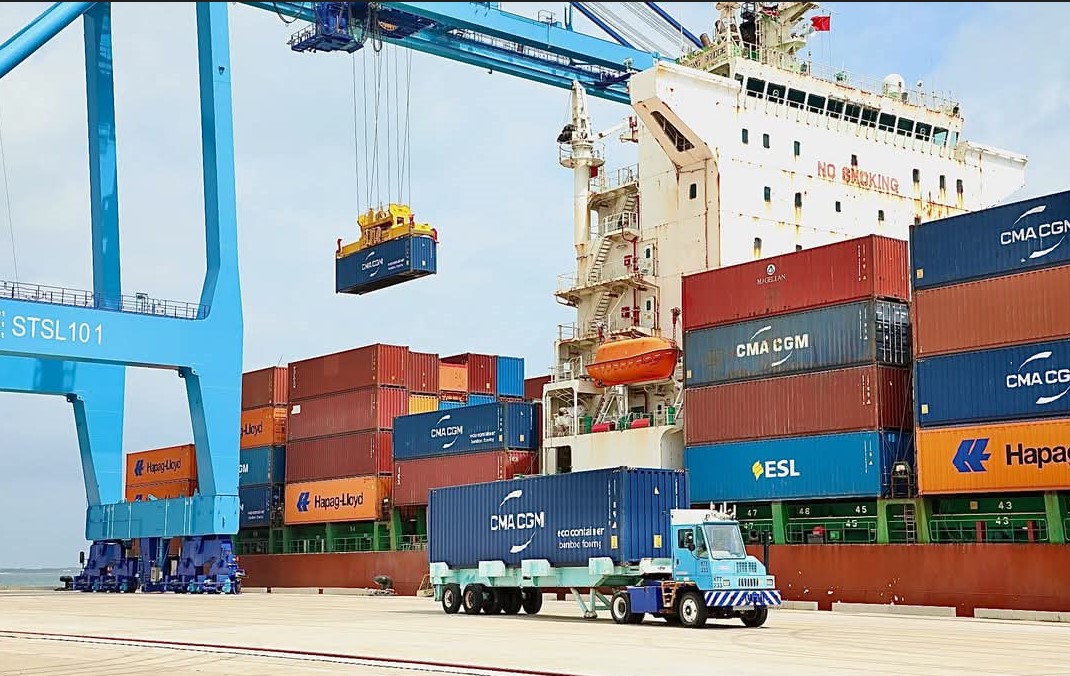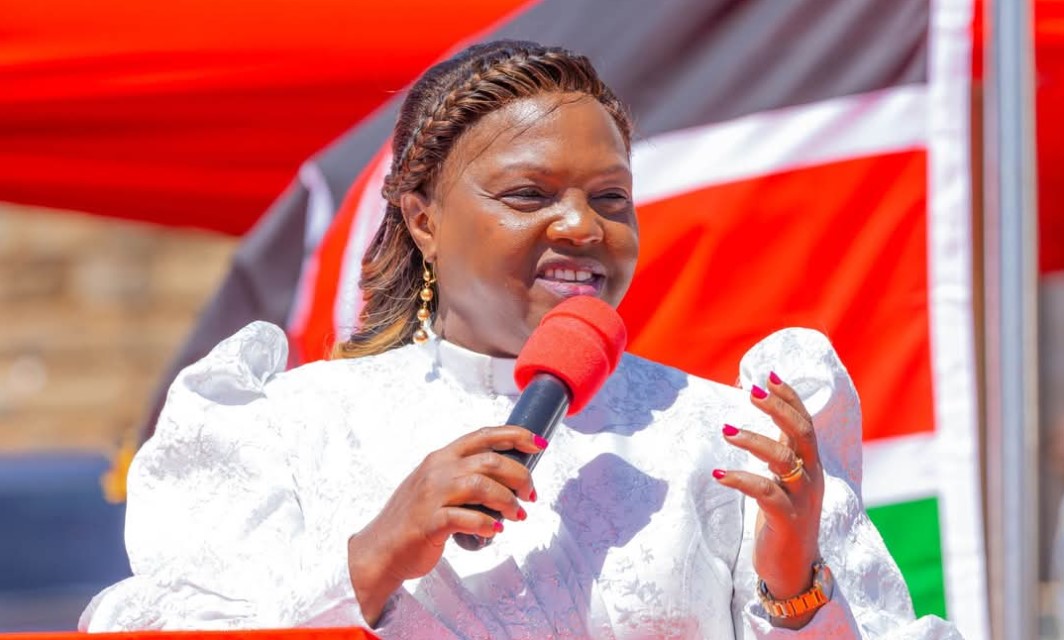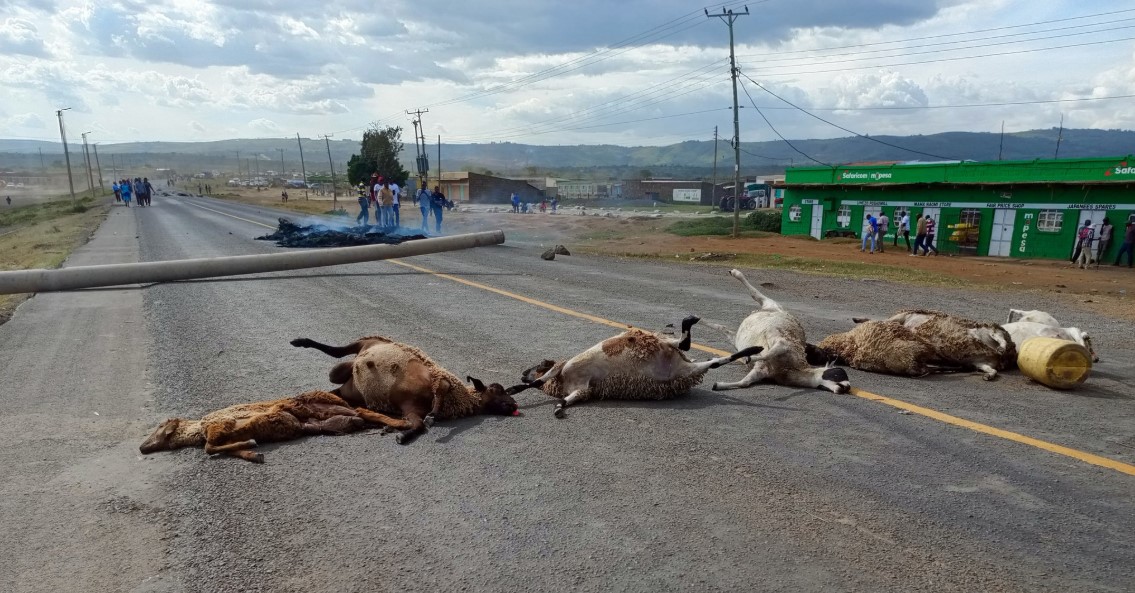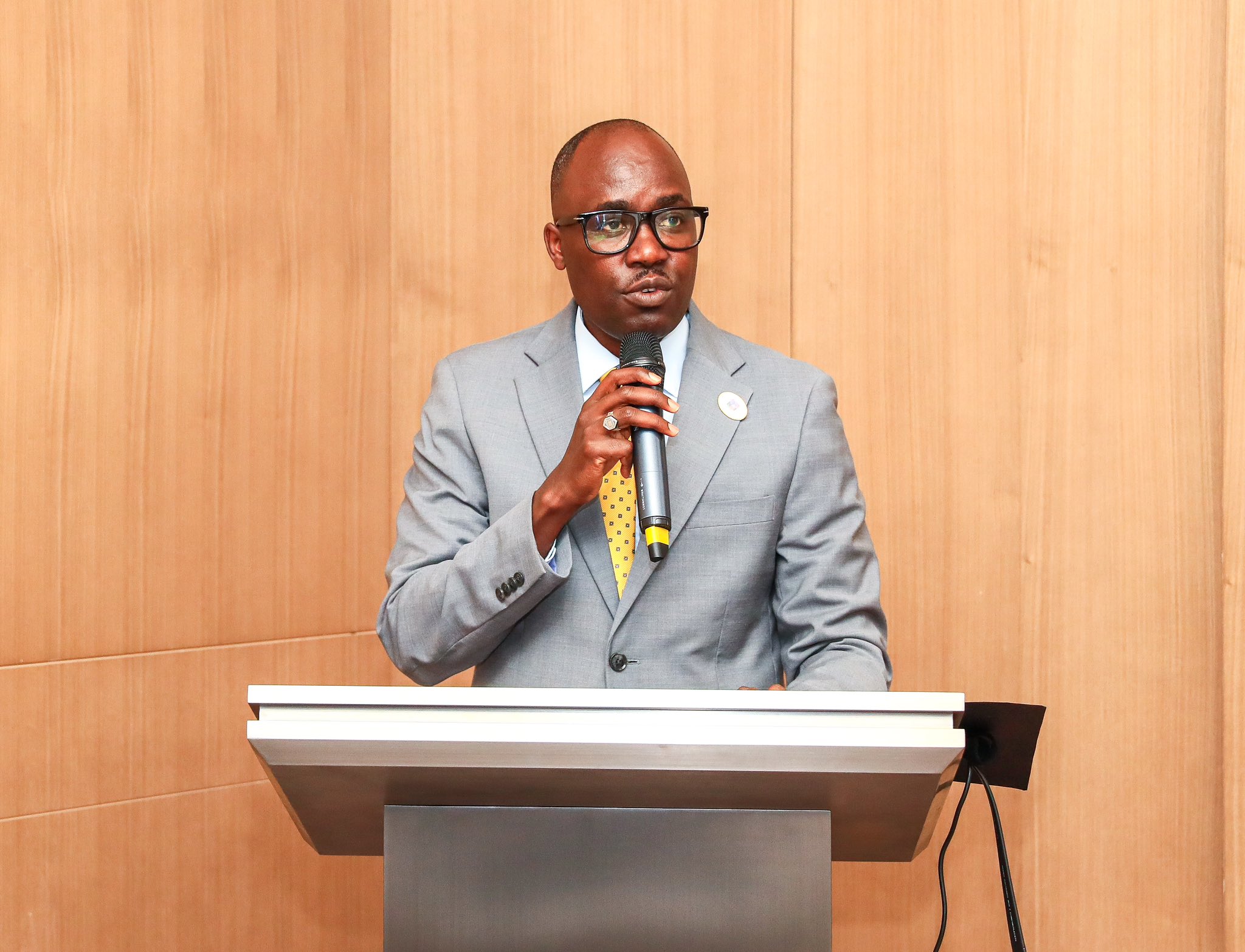National government under fire over secretive medical equipment leasing deal
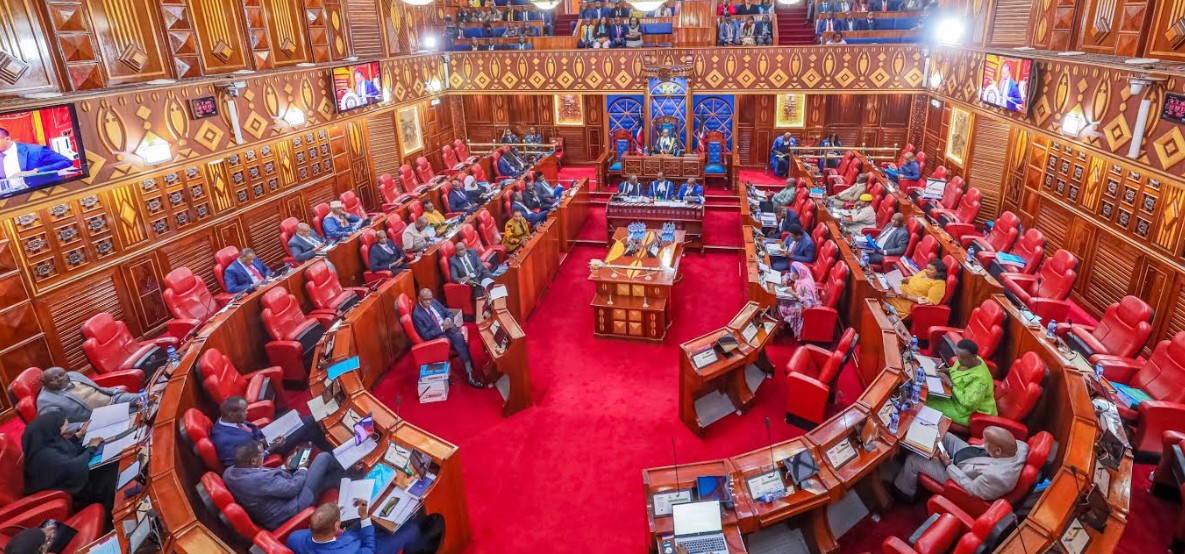
However, Senators raised legal concerns about the deal, questioning the national government’s role in procuring medical equipment for counties and whether the contract was valid.
The National government is under scrutiny following concerns raised by Senators regarding the lack of transparency and alleged overreach in a multi-billion-shilling deal signed by county governments to lease medical equipment for the implementation of the Social Health Authority (SHA).
The scrutiny came after the Deputy National Chair of the Council of Governors (CoG) Mutahi Kahiga confirmed to the Senate Public Accounts Committee that 34 county governments had signed the deal.
More To Read
- Treasury under scrutiny over missing records for Sh161 Billion debt payments
- Governors defy Senate summons in heated county fund oversight
- Senate probe reveals alarming financial mismanagement in Mandera healthcare facilities
- Governor Guyo grilled by Senate, slapped with Sh500,000 fine for failing to honour summons
Kahiga explained that counties were left with no choice but to agree, citing financial constraints that made it impossible for them to purchase the required medical equipment.
“We had no option but to sign the deal. Counties do not have the funds to buy this equipment,” Kahiga told the committee, led by Senator Moses Kajwang.
He revealed that the counties were unaware of which companies would be supplying the equipment or how the procurement process had been carried out.
“We did not procure the machines, it’s the Ministry of Health that did the procurement. They even put out advertisements in the newspapers. We were not involved,” he added.
Kahiga further explained that counties were asked to select from 23 lots of equipment needed for local hospitals, but it was only after making these selections that they learned which companies would be providing the machines.
“What they have done is set 23 lots of equipment, so you pick a lot that you think is required for your specific hospital. After picking, you know the providers,” Kahiga said.
"But whoever selected them, that was a programme decided by the national government. We are just landlords.”
Most counties, according to Kahiga, had little choice but to sign the agreement, as many of their existing medical machines, bought under the Medical Equipment Scheme (MES), were no longer operational.
He stressed the urgent need for dialysis machines in county hospitals, warning that without them, patients were at risk.
"Currently, dialysis machines are not working in the county government hospitals because the equipment provided under MES has run its course. Anyone that is being put in those machines is risking their life,” Kahiga said.
However, Senators raised legal concerns about the deal, questioning the national government’s role in procuring medical equipment for counties and whether the contract was valid.
Busia Senator Okiya Omtatah asked what legal basis was used for the agreement, inquiring whether the CoG had consulted legal counsel before signing.
"What law are you using to sign the contract? Did you consult your attorney before signing?” Omtatah posed.
Kajwang also criticised the deal, asserting that such decisions should fall under the jurisdiction of county governments.
"Don’t be defensive, because we want to assign the problem to the right level. We want to tell the ministry, you can’t procure for county governments. You can’t do business with people’s health and people’s lives,” Kajwang said.
While Kahiga acknowledged the deal's risks, he defended it as necessary to provide affordable healthcare to Kenyans.
“What I must admit is that we have rushed this thing. We are too fast and we might crash along the way. I don’t want to say this is the best deal, I don’t even know if it will work,” he said.
Under the intergovernmental participation agreement, after counties select the required equipment, service providers will install and operate the machines in hospitals, billing the National Insurance Authority for the services provided.
Top Stories Today
